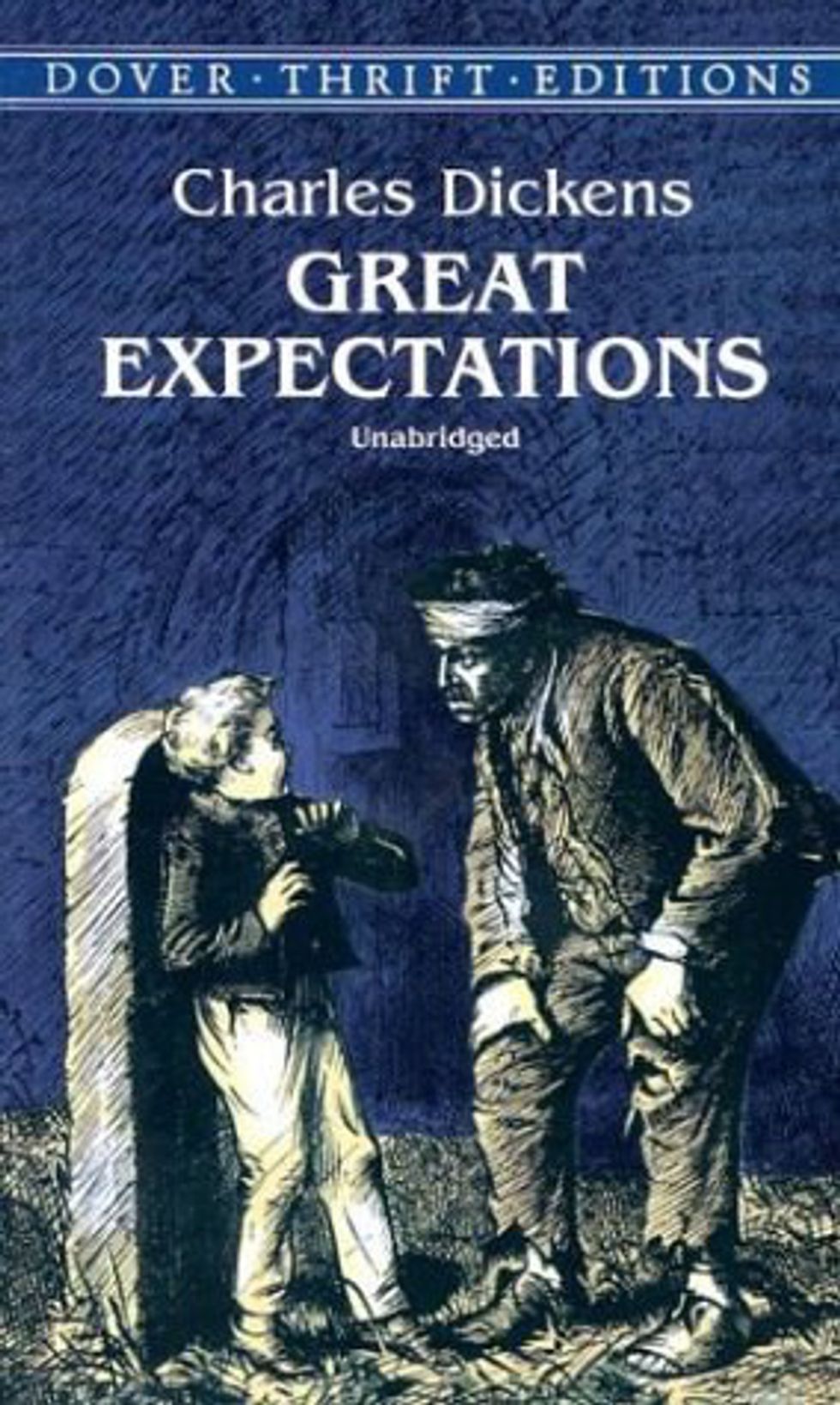This Side of Paradise by F. Scott Fitzgerald
Centered around the pretentious yet lovable Amory Blaine, Fitzgerald’s debut novel explores post- World War 1 monetary and social struggles of American youth. Amory is considered to be a reflection of Fitzgerald himself, since both “men” attended Princeton, spend much of their time writing, and were left by women they deeply cared for. This Side of Paradise allows audiences to explore a more vulnerable and personal side of Fitzgerald in such a detail which no other of his novels expresses.
Breakfast of Champions by Kurt Vonnegut
Vonnegut’s satirical style truly shines through in this novel, and it is known as the prototype of authors placing themselves in a fictional setting and interacting with their characters. His intricate weaving of the plot, and the depth Dwayne Hoover and Kilgore Trout are enhanced with
Great Expectations by Charles Dickens
If you haven’t already been forced to read this by your college literature professor, now is the time to culture yourself. Charles Dickens brilliantly depicts the faults in aristocracy throughout this novel while also managing to construct effective comparisons between various socioeconomic classes. Great Expectations consists of some of Dickens’ most memorable scenes, including Pip’s interactions with an escaped convict and Miss Havisham’s nostalgic daydreams of her failed wedding.
On the Road by Jack Kerouac
Initially written in the span of several days, Kerouac probably never imagined On The Road would be the beginning of a new literary movement. Sparking the many controversial themes of Beat Generation such as drug use, civil liberties, and sexuality, this novel possesses an intriguing humanity many other works lack. On The Road was not merely thematic work, but a beautifully versed glimpse into Kerouac’s actual life with his friend Allen Ginsberg, exploring and assessing the scenery and experiences America had to offer.
























